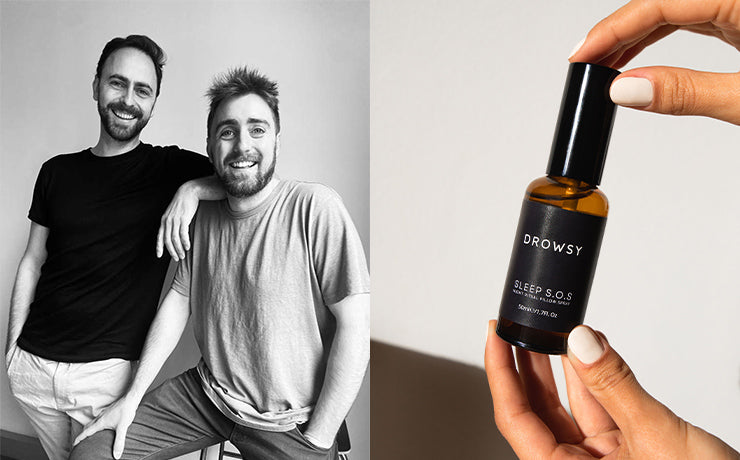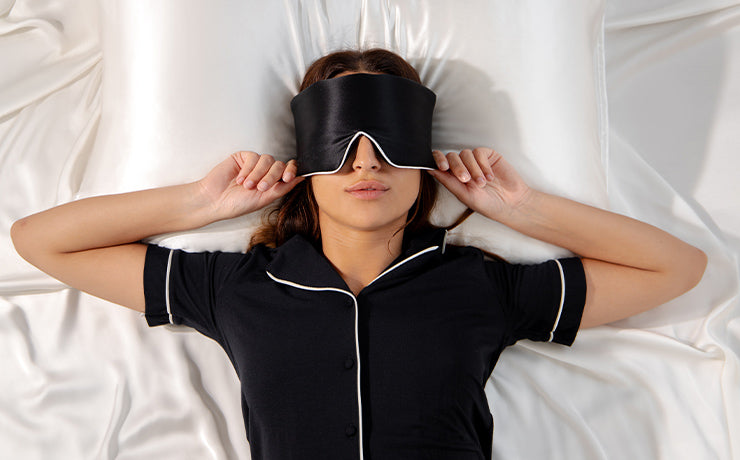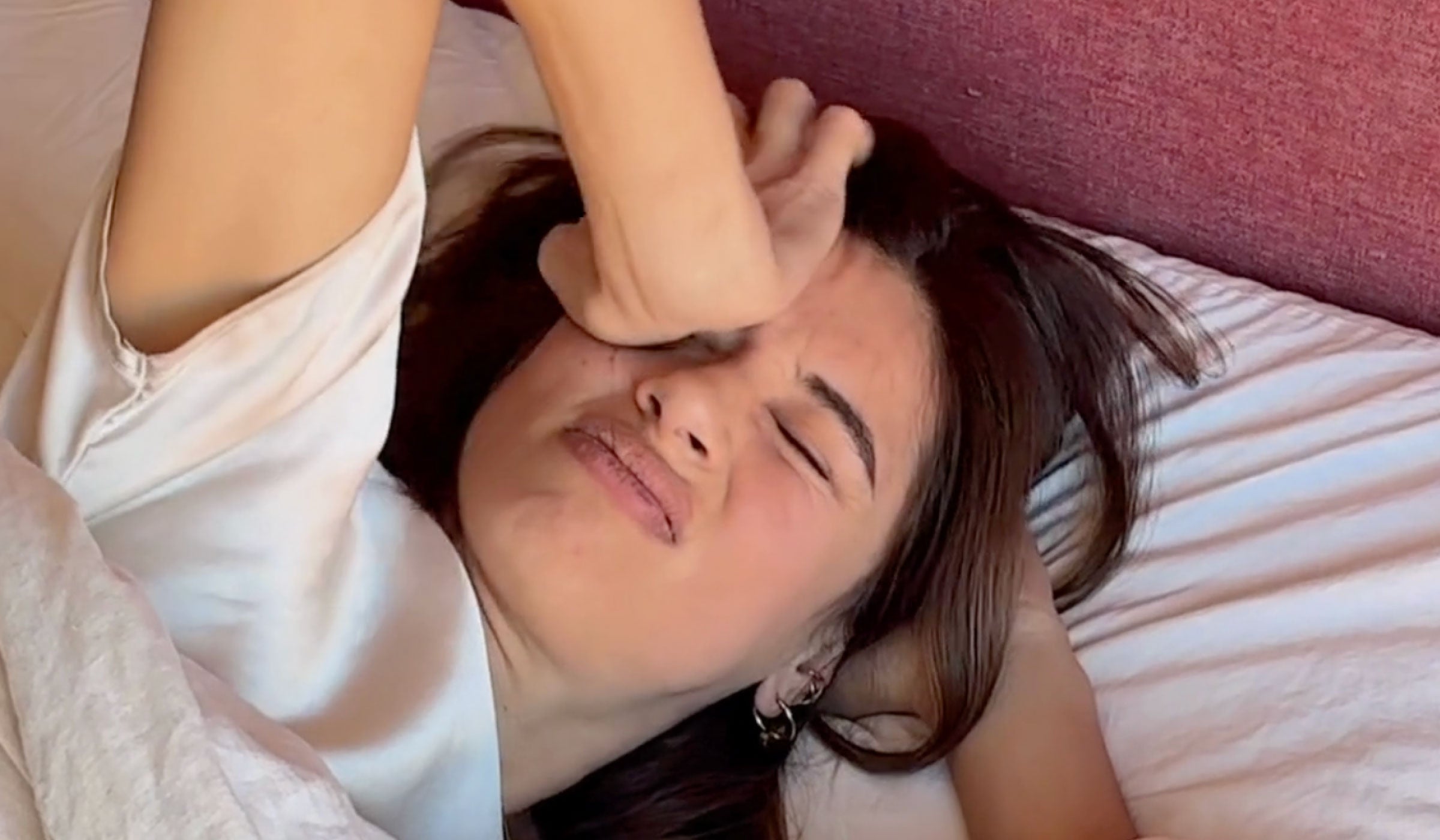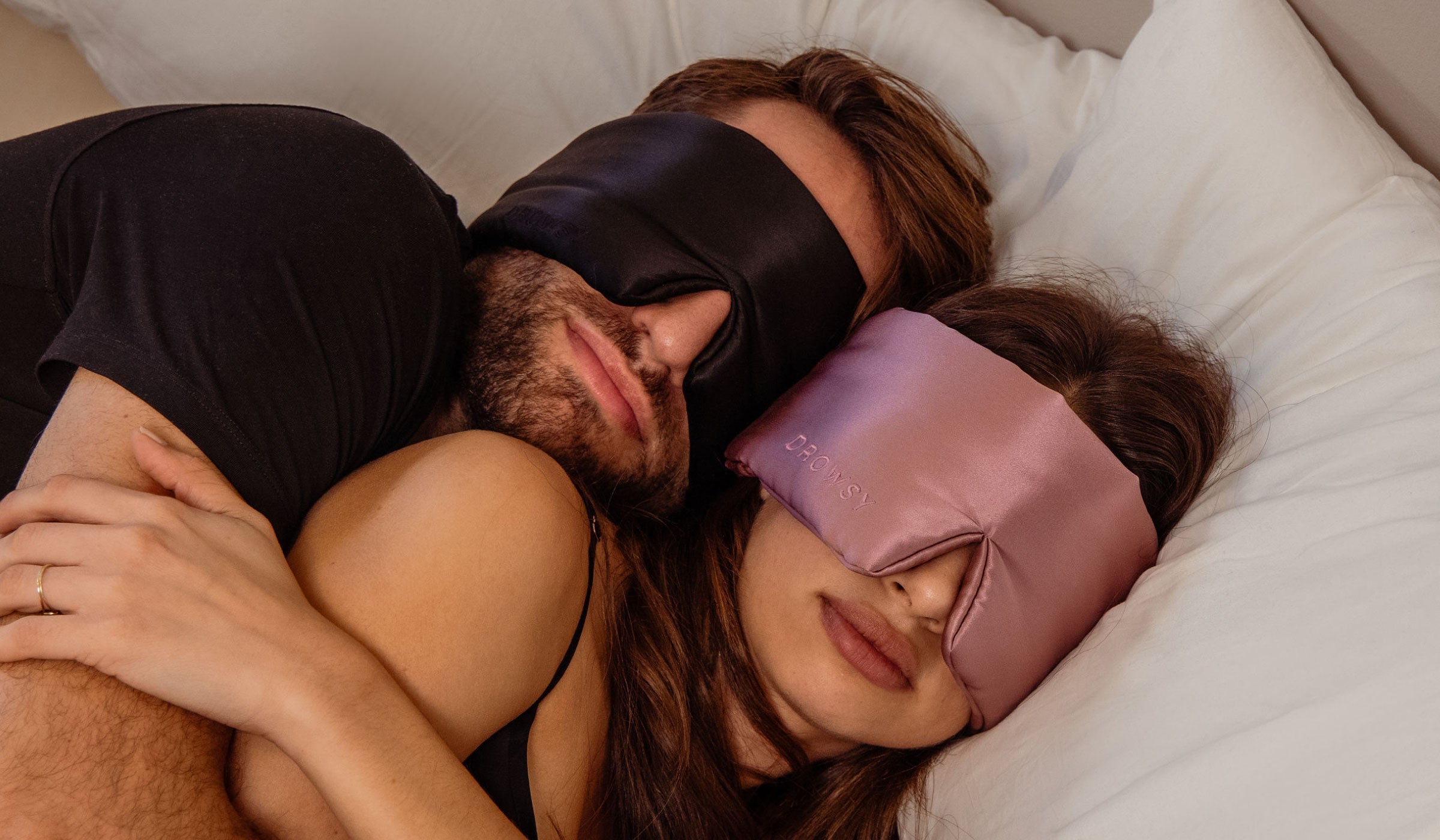7 Expert Tips to Fall Asleep Fast
If you spend more time trying to fall asleep than actually sleeping, it's time to establish some tried and tested methods to improve your sleep quality.
The average adult needs about 7 hours of sleep daily. However, over 30% of people have insomnia, which impacts all aspects of their daily activities. We get it. Stressed lifestyles and never-ending responsibilities make it challenging to relax and put your mind to sleep.
Trying too hard to fall asleep can create a nerve-wracking cycle that keeps you awake. However, sleep deprivation leads to constant fatigue, depression, decreased performance, and even heart disease. In this article, we'll share our top tips to help you fall asleep faster and improve your general well-being.
1. LOWER THE ROOM'S TEMPERATURE
A hot room can negatively impact your core body temperature, also known as thermoregulation. As you lie down and prepare to sleep, your body sheds heat by dilating its blood vessels. Little by little, your temperature decreases, helping you fall asleep fast.
To speed up this process, try to maintain room temperatures at 15.6–19.4°C (60–67°F). Additionally, having a warm bath 1-2 hours before sleep can speed up thermoregulation. Ideally, try bathing in hot water (40.0°C–42.5°C) for 10 minutes before bedtime for improved sleep quality.
2. REDUCE NAPS DURING THE DAY
It's common for people with trouble falling asleep to nap during the day. Although daytime naps have been said to improve concentration and well-being, their effects on night sleep are yet to be determined.
For instance, in a 2015 study among 440 college students, participants who napped more than 3 times weekly had poorer sleep quality. To check if napping affects your night's sleep, we recommend cutting it altogether or limiting naps to 30 minutes early in the day.
3. TRY THE 4-7-8 BREATHING TECHNIQUE
American doctor Andrew Weil created the so-called 4-7-8 breathing technique aiming to reduce anxiety and help people fall asleep faster. Here are the steps to complete it:
-
Inhale through your nose and count mentally to 4
-
Hold your breath and count mentally to 7
-
Exhale all air through your mouth with a "whoosh" sound while counting mentally to 8
-
Repeat 3-4 times
This process will promote relaxation in the parasympathetic nervous system and decrease stress levels.

4. TRY THE MILITARY METHOD
Soldiers often experience inconsistent sleep schedules and bad sleep quality. To help them enjoy a more restful sleep, Bud Winter, a former US track and field coach, wrote about the so-called "military method" in his book. Here are the steps to complete it:
-
Find a comfortable position to relax your body
-
Start with your face: unclench your jaw, remove the wrinkles from your forehead, relax your tongue and lips, and let your eyes go limp. Take deep breaths in between.
-
Move on with the upper part of your body: drop your shoulders, release tension on your neck, relax your chest and your torso, and let your arms drop. Keep breathing.
-
Proceed with the lower part of your body: from the hips and thighs down to your ankles and feet. Relax every inch with your breathing.
Winter's method of progressive muscle relaxation aims to relax both your body and mind within two minutes.
5. DO GUIDED IMAGERY
Visualizing a serene setting or recalling a peaceful memory can help you eliminate unwanted pre-sleep thoughts if you have difficulty falling asleep. Consciously visualize the stress leaving your body while taking slow, deep breaths.
To fully immerse yourself in the visualization, focus on the details - sights, sounds, smells. Some people use pre-recorded calming soundtracks such as nature sounds to fall asleep quickly. A 2018 study indicated that guided imagery can significantly reduce anxiety.
6. ESTABLISH GOOD SLEEP HYGIENE
Falling asleep fast is not just about breathing exercises and deep muscle relaxation. You must stick to daily habits that will impact your overall lifestyle and sleep routine. Here are some examples:
-
Reduce screen time before bed: blue light from your computer, smartphone, or TV can cause sleep disturbances
-
Establish a sleep schedule: go to bed and get up at the same time every day, including weekends
-
Eliminate substances: nicotine, alcohol, drugs, and caffeine intake can really mess up your circadian rhythm
-
Ensure a comfortable sleep environment: ensure your mattress is comfortable and the room is quiet and dark, and adjust your thermostat to the ideal sleep temperatures.

7. BLOCK OUT LIGHT
For those who struggle with chronic insomnia or other sleep disorders, ambient light from the sun or house lamps can make things worse. Blue light suppresses melatonin levels, ultimately interfering with the sleep cycle. To enjoy a peaceful sleep, ensure your room is completely dark or wear a sleep mask.
Sleep masks block light rays, providing total darkness for sleeping on the go. Be it your bedroom, a hotel room, or an airplane, say goodbye to staying awake for hours. Removing all external stimuli allows you to reach REM faster and enjoy the perks of rejuvenating sleep.
SLEEP FASTER WITH DROWSY SLEEP MASKS
Sleep deprivation isn't just frustrating but can also affect your physical and mental health. With our tips above, you can now achieve a restful 7-hour sleep and have more energy every day.
If you want to avoid blackout curtains, an eye mask like Drowsy Black Silk Sleep Mask will block sleep-interrupting light. Made of mulberry silk and a total blackout design, this squishy goodness will become your sleeping buddy.
With its fully adjustable straps, it'll hug your face, offering cozy vibes for uninterrupted sleep. Pick your favorite color and enjoy the perks of healthy sleep wherever you are.






